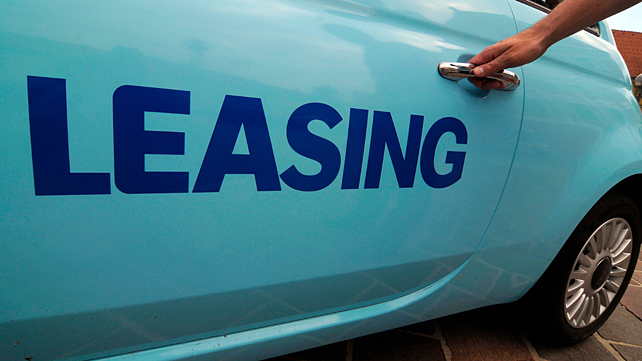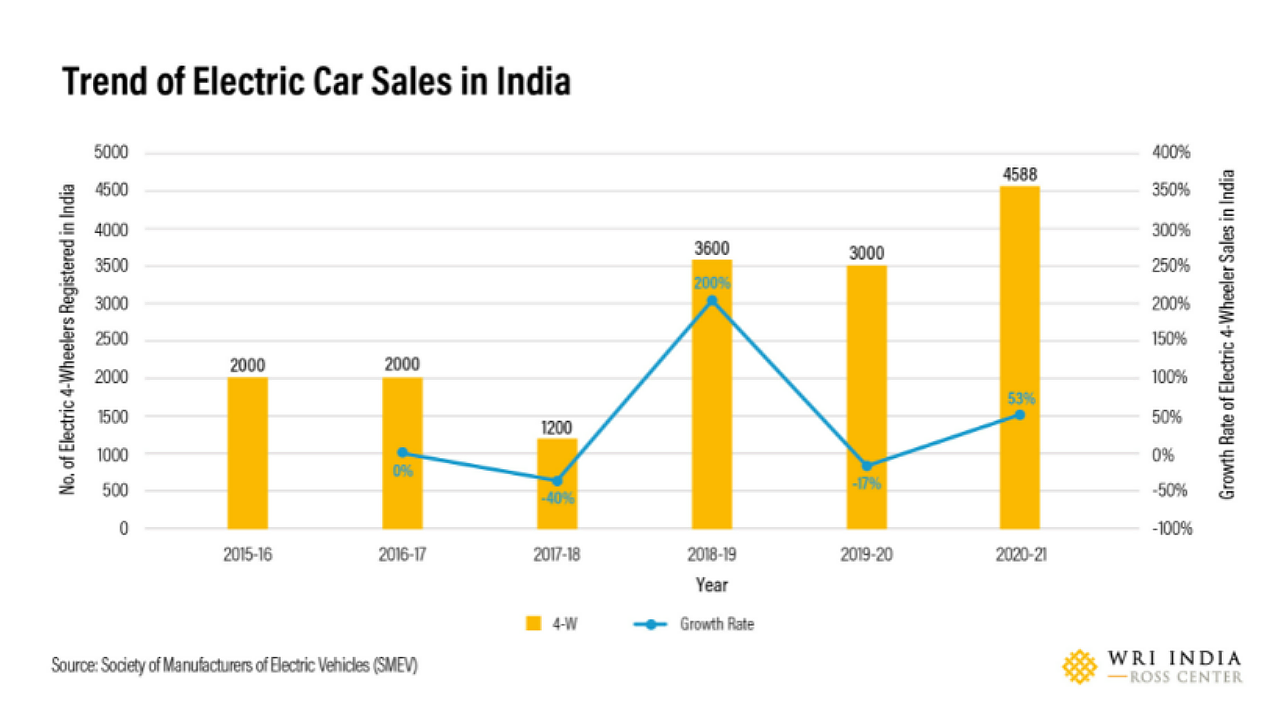
Of all of Newton’s Laws of Motion, his third law seems most relevant today – there is an equal and opposite reaction to every action. And that is for the simple reason that we are at the peak of our civilisation, and nothing seems unachievable. On the flip side though, it’s at the cost of wider ecosystems (think climate change, global warming, pollution, population explosion, and much more).
But innovation, especially in mobility, is starting to address the issue of climate change, and electric vehicles (EVs) are a step in this direction. EVs are expected to cut carbon emissions over the course of their lifetime and are a great alternative to normal fuel-guzzling vehicles. And the adoption of EVs for personal or commercial use can also have a positive impact on pollution. We are already starting to see increased EV utilisation on the commercial side, especially in last-mile delivery.
Uptake In E-Commerce
The pandemic has certainly acted as the trigger for the increased uptake of EVs in e-commerce. Over the past two years, there has been an accelerated adoption of online shopping or contactless buying as consumers were forced to stay indoors due to the global health crisis. There was an 8% rise in e-commerce transactions in 2020 alone, with China and the USA witnessing even more significant growth, according to Forrester Research. The trend is expected to continue in the coming times.
It’s common these days to watch hundreds of bikes and trucks zooming across Indian roads making thousands of deliveries every day. What if this last mile connectivity between warehouses and customer houses is done using EVs? One of the most burgeoning sectors can positively contribute to pressing environmental concerns by having transport fleets that are ‘green’.
Recognising this, the e-commerce industry has started pushing for the adoption of EVs in its last mile connectivity. Big Basket, owned by Tata Group, was one of the first to implement this initiative in 2016. Since then, both private and government entities have been working hard to adopt EVs, and things are getting more interesting.
This increased adoption is also the reason why EV leasing as a concept has become increasingly popular. EVs can be cost-effective in the long run given prevalent petrol and diesel prices, but the initial cost is prohibitive. Since EVs are still nascent, banks are skeptical about sanctioning loans. Moreover, the delivery partners are often cash-strapped individuals for whom meeting monthly down payment obligations could be difficult.
Leasing As A Solution
This is where leasing can make all the difference! Leasing is when a person or business can use a vehicle without owning it in return for paying a pre-decided periodic payment. EV manufacturers like Mahindra & Mahindra, Piaggio, Tata Motors and others now have tie-ups with financial organisations for leasing schemes.
The benefits of leasing a vehicle are manifold over buying a vehicle, and these include:
- Zero down payment: If you don’t have money, no worries; you can still get a vehicle and start your business.
- There are no additional expenses on yearly insurance, road tax, and registration. These amounts can be significant depending on the place, where the vehicle is registered (more in Tier-I cities) and the age of the vehicle (older the vehicle, greater is the insurance and tax);
- There is no cost of maintenance, which is quite high given the constant usage of delivery vehicles;
- You get to upgrade your vehicle every few years without worrying and haggling over resell price with the dealer

With the financial aspects sorted, what are the other changes that can be done to increase EV usage? As per the data provided by the Ministry of Road Transport and Highways, as of July 2021, 5.20 lakh EVs have been registered in the country.
But the supporting infrastructure is minimal. There are only about 400 charging stations across the country, and even in that meagre number, the majority share is distributed between two union territories and seven states.
To make EVs more adoptable, the government and private entities need to provide for:
- Better and a greater number of charging stations. It should be on par with petrol pumps;
- Manufacturers need to extend the range of these vehicles and also provide better battery reliability;
- The overall cost should be brought down.
But things are improving with all the relevant stakeholders working towards bringing in infrastructure change. EVs are gaining popularity in the B2B and B2C sectors. With the availability of leasing models for EVs, more business and delivery aggregators will embrace electric vehicles for the last mile connectivity and beyond.
About the Author: Turra Mohammed is SVP & Head, Leasing & Subscription at Mahindra Finance.

